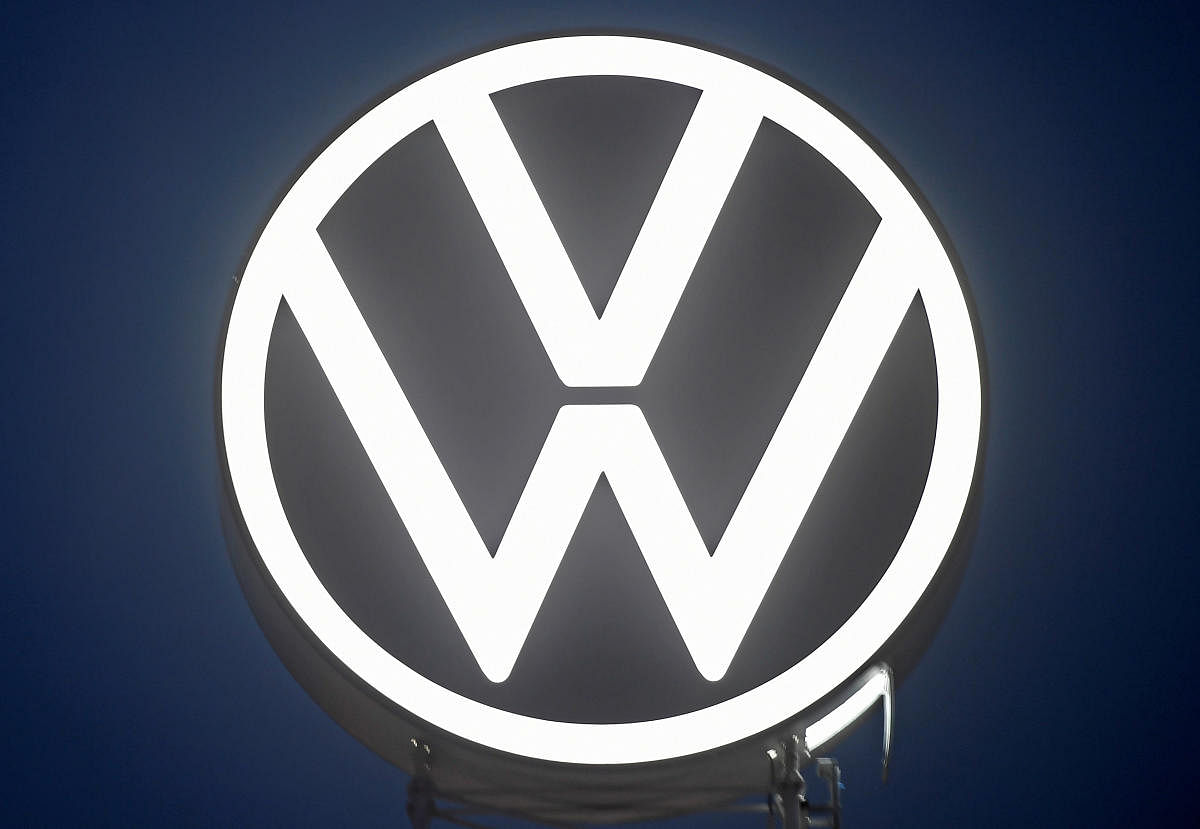The emissions-cheating scandal, for which Volkswagen will be dragged into court for compensation by German diesel drivers on Monday, has had major repercussions for the car industry since it broke four years ago.
Here are key points about "dieselgate".
In September 2015, after allegations from the US Environmental Protection Agency (EPA), VW admitted it had installed illegal "defeat devices" in 11 million diesel vehicles worldwide, including 8.5 million in Europe and 600,000 in the United States.
Software in Volkswagen, Porsche, Audi, Seat and Skoda cars helped them meet exhaust pollution standards in the lab even though their emissions exceeded the limits on the road.
Some spewed out up to 40 times more harmful nitrogen oxide -- linked to respiratory and cardiovascular diseases -- than legally allowed.
In Germany, VW, Audi and Porsche have paid fines totalling 2.3 billion euros ($2.5 billion) to settles probes into the companies.
But investigations into officials at offending carmakers have continued.
Audi chief executive Rupert Stadler was charged in July 2019 with fraud, falsifying certifications and illegal advertising in connection with the scandal.
VW chief executive Martin Winterkorn, who stepped down five days after the scandal broke, was in April 2019 charged with serious fraud, unfair competition and breach of trust.
And German prosecutors said last week they had charged VW's chief executive Herbert Diess, Winterkorn and supervisory board chief Hans Dieter Poetsch with "market manipulation".
Around 450,000 drivers are pursuing VW for compensation from Monday, and investors are demanding nine billion euros to cover losses they made when VW's shares plunged 40 percent after the dieselgate revelations.
Meanwhile in the US, VW pleaded guilty to fraud and obstruction of justice, but a probe by the SEC financial markets watchdog remains open.
In 2017, the company settled its legal entanglements in the United States, paying around $22 billion in fines and compensation to dealers and around 600,000 car owners and for environmental clean-up.
By contrast, VW has not compensated most European customers, but many affected vehicles have been called in for refits.
Eight former and current executives and an Audi official have been charged in the United States, including Winterkorn.
In Europe, the group still faces investigations and lawsuits in France, Italy, Britain and Poland.
It has cost VW more than 30 billion euros ($33 billion) in fines, legal costs and compensation payments to car owners -- the vast majority in the United States.
VW said in July 2019 it expects "slightly higher" unit sales for the year than in 2018, having returned to profit after booking its first loss in 20 years in 2016.
Faced with tougher emissions limits from 2020 and to restore Volkswagen's image, Diess, who took over in April 2018, has launched an ambitious and costly move to all-electric cars.
Tests have found that diesel engines by other carmakers were also more polluting on the road than during testing.
Last week, Mercedes-Benz maker Daimler was ordered to pay an 870 million euro fine for "negligent violation of supervisory duties".
German authorities say almost 684,000 of its cars registered since 2008 emitted higher than permitted amounts of NOx, although the company contests any wrongdoing.
Four Daimler officials were already accused of fraud and misleading advertising.
In February, German prosecutors fined high-end carmaker BMW 8.5 million euros over diesel cars with higher harmful emissions than allowed, but investigators found no evidence of fraud.
Fiat Chrysler agreed in January 2019 to a pay $515 million to settle claims it installed the software.
Peugeot's German subsidiary Opel is also being investigated.
